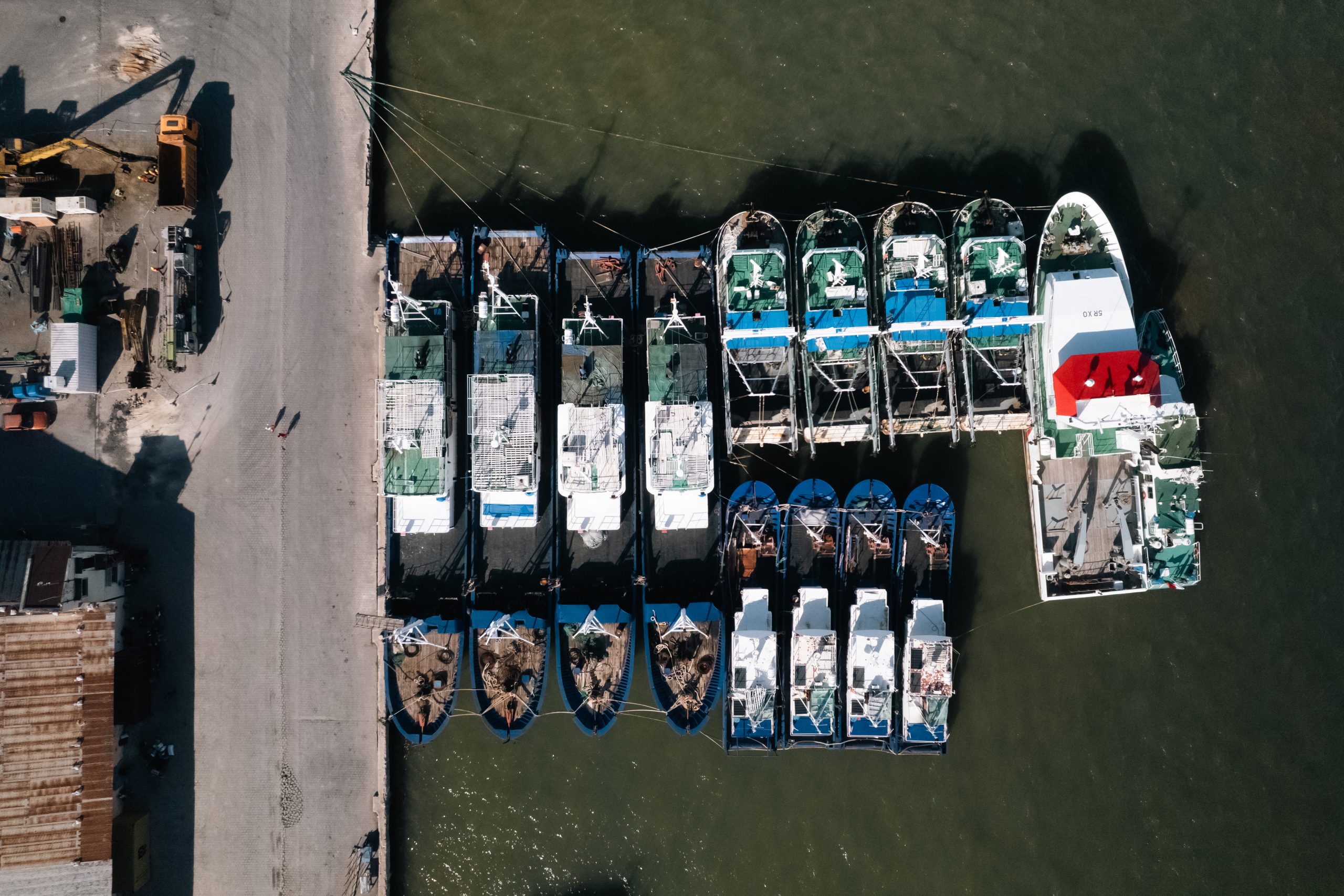This investigation exposes how the EU–Madagascar Sustainable Fisheries Partnership Agreement (SFPA) largely serves the interests of French and Spanish industrial tuna fleets, despite being promoted as a tool for sustainability and development. The agreement grants over 65 EU vessels the right to catch up to 14,000 tonnes of tuna annually in Madagascar’s waters—one of the most ecologically fragile tuna regions in the world. While the EU presents the SFPA as a model of responsible fishing and cooperation, our findings reveal that it prioritizes foreign economic gains over local environmental and community welfare.
At the heart of the issue is the EU’s continued use of Fishing Aggregating Devices (FADs), a fishing method widely criticized for its destructive impact. FADs indiscriminately attract marine life, leading to high levels of bycatch—including endangered juvenile tuna, sharks, and turtles. Despite growing international pressure and recommendations from conservation bodies to restrict or ban FADs in the Indian Ocean, EU vessels continue to deploy them extensively under the SFPA framework. This not only accelerates the depletion of vulnerable fish stocks but also undermines global efforts to ensure sustainable tuna fisheries.
The agreement also includes financial compensation from the EU, with promises to support Madagascar’s coastal communities, improve monitoring and surveillance, and invest in the artisanal fishing sector. However, our investigation found little evidence that these funds are reaching their intended targets. Many local fishers remain unaware of any direct support, while the distribution and management of the funds remain opaque. The result is a growing disconnect between the agreement’s stated goals and its real-world outcomes.
This investigation challenges the narrative of the SFPA as a mutually beneficial, environmentally sound partnership. Instead, it reveals a system that enables continued exploitation of Madagascar’s marine resources by European fleets, with limited accountability or transparency. As the EU promotes its “green” agenda globally, the case of Madagascar raises critical questions about who truly benefits from these sustainability agreements—and at what cost.
